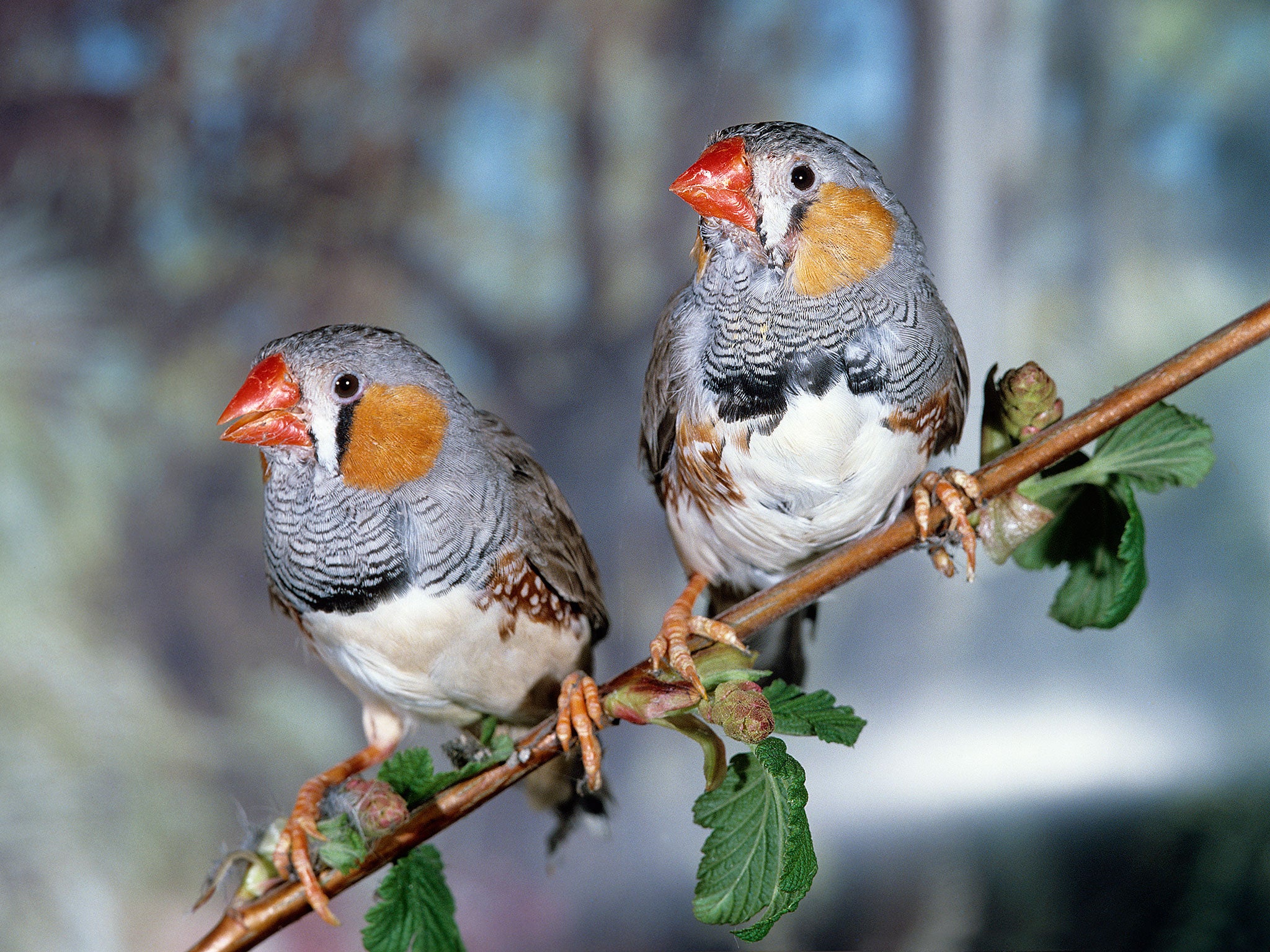Drunk birds slur their words – just like humans
Research reveals birds learn to sing in the same way people learn to talk

Your support helps us to tell the story
From reproductive rights to climate change to Big Tech, The Independent is on the ground when the story is developing. Whether it's investigating the financials of Elon Musk's pro-Trump PAC or producing our latest documentary, 'The A Word', which shines a light on the American women fighting for reproductive rights, we know how important it is to parse out the facts from the messaging.
At such a critical moment in US history, we need reporters on the ground. Your donation allows us to keep sending journalists to speak to both sides of the story.
The Independent is trusted by Americans across the entire political spectrum. And unlike many other quality news outlets, we choose not to lock Americans out of our reporting and analysis with paywalls. We believe quality journalism should be available to everyone, paid for by those who can afford it.
Your support makes all the difference.Sometimes science means getting a bunch of finches sloshed. Or at least giving them blood alcohol levels of around .08 percent, which is pretty crazy by bird standards.
In a study published last week in PLOS ONE, researchers from the Oregon Health and Science University tempted zebra finches with spiked juice — but not because they wanted to help the lab animals ring in the new year in style.
The researchers study birdsong to learn more about human speech. Birds learn to sing in much the same way that humans learn to talk (in fact, a recent study found that birdsong and speech even rely on the same genes). It's much easier to keep a bird in a cage and study its brain than it is to do the same with a human toddler, so birds give scientists some of our best insights into the brain mechanisms that make speech possible.
If you've ever talked to someone under the influence of alcohol, you know that it makes speech more difficult. But there hasn't been much research on vocal impairment caused by alcohol — mostly because scientists have so few non-human lab animals capable of “speech” to work with.
“At first we were thinking that they wouldn't drink on their own because, you know, a lot of animals just won't touch the stuff,” researcher Christopher Olson told NPR, “But they seem to tolerate it pretty well and be somewhat willing to consume it.”
And once the birds were buzzed, they started to slur their songs.
“The most pronounced effects were decreased amplitude and increased entropy,” the researchers wrote in the study. So in other words, their songs got quieter and less organized.
But not all parts of the song were equally affected. Zebra finch songs are made up of specific syllables — ones with distinct acoustic structures. And some of those syllables seemed to be more garbled in tipsy trillers than others.
The researchers think this might mean that alcohol affects certain parts of the birds' brain circuitry more profoundly than others, leading the sounds produced by that part of the brain to end up sounding more sloppy. Further studies will explore that possibility, as well as whether or not alcohol consumption keeps birds from learning new songs.
Copyright: Washington Post
Join our commenting forum
Join thought-provoking conversations, follow other Independent readers and see their replies
Comments